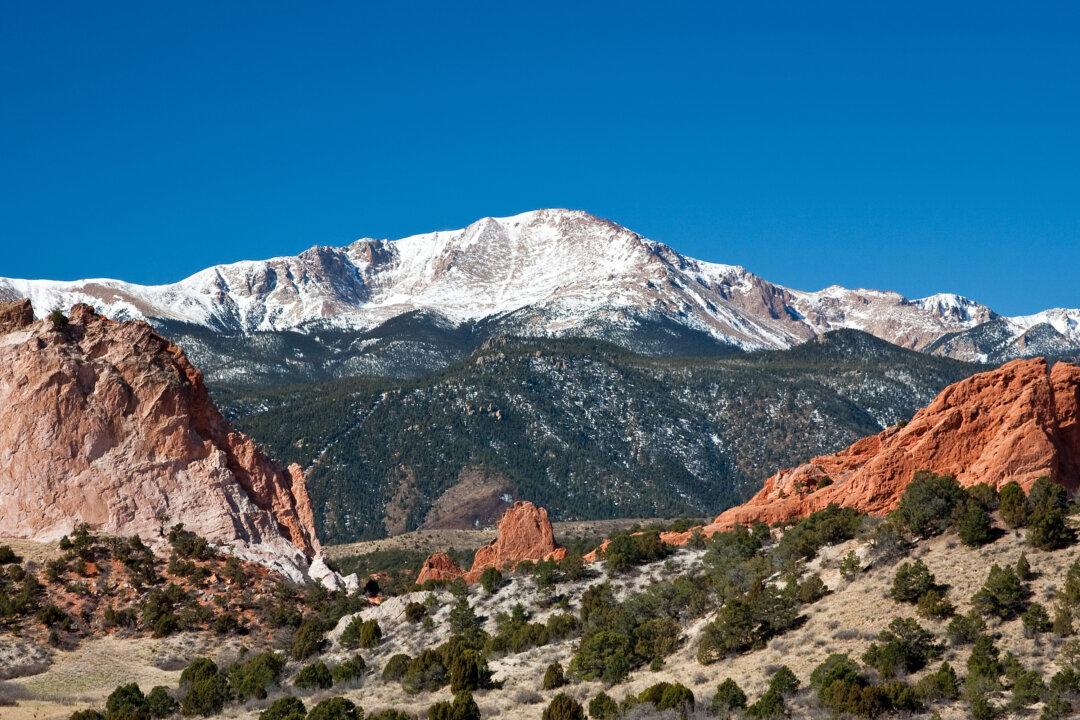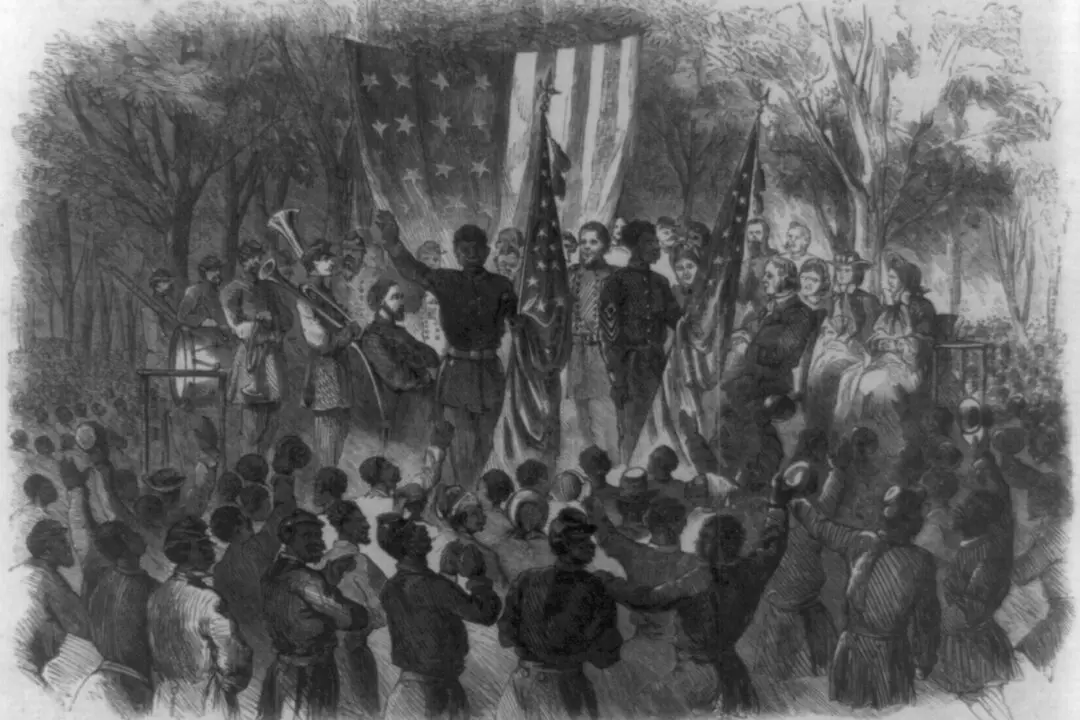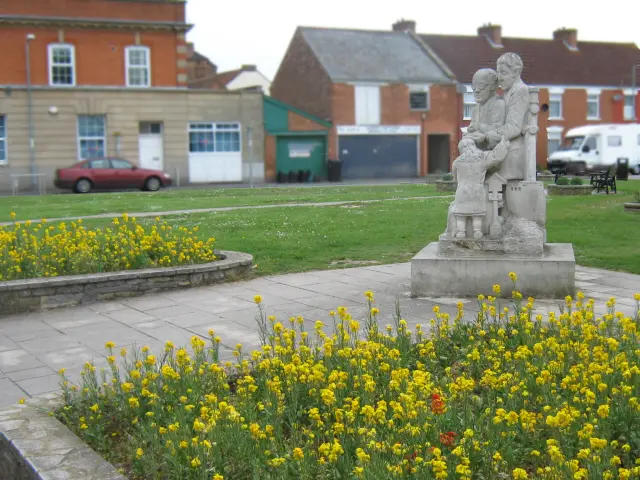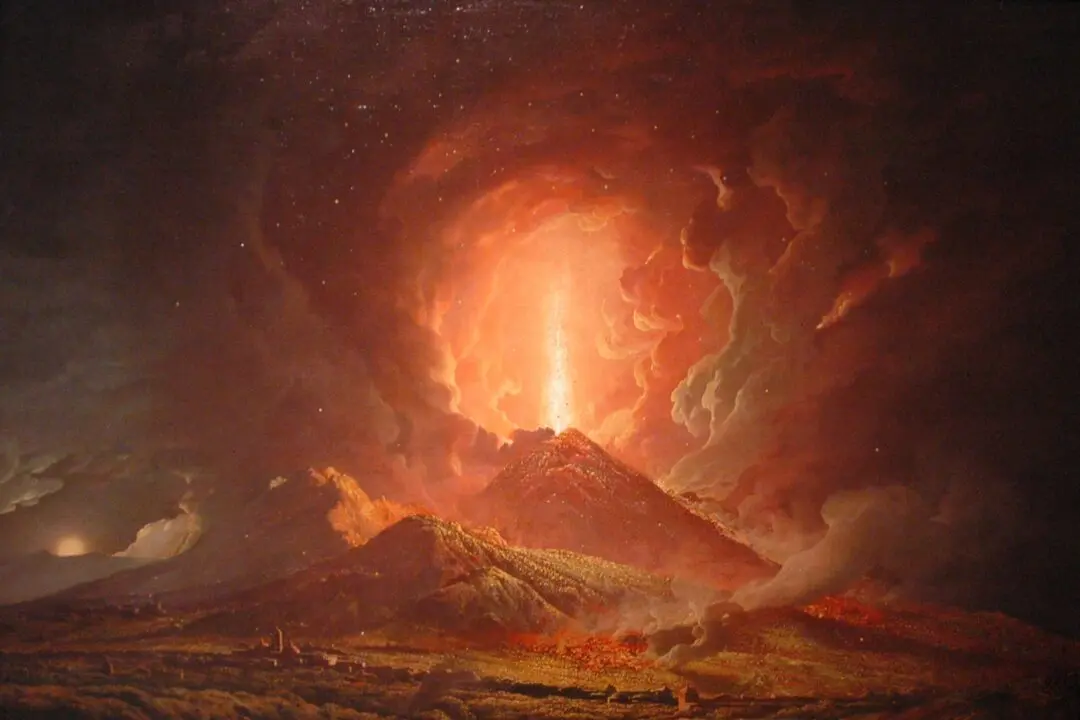Although his expeditions were never as famous as those of Lewis and Clark, Zebulon Pike (1779–1813) explored much of the new American lands acquired in the early 1800s.
Pike was born in New Jersey in 1779 in the midst of the Revolutionary War and named after his father, a soldier. At a young age, Pike knew he wanted to follow in his father’s footsteps, as his parents had instilled in him a strong sense of patriotism.






